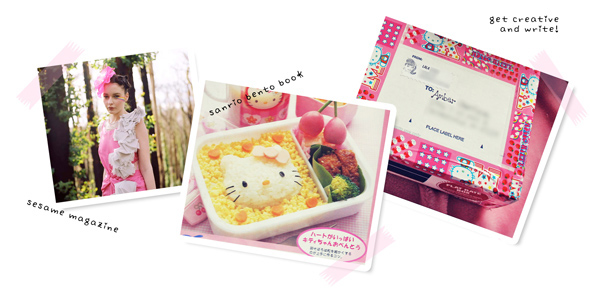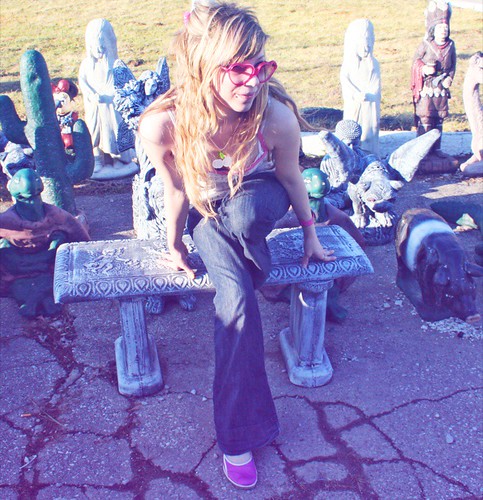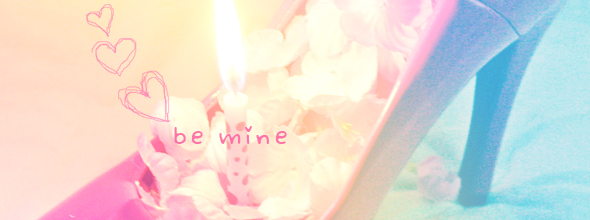The most important thing you’ll choose is how to live your life.
You should always spend time doing what makes you happy. Last night, I spent a great deal of time doing something I did not want to do, something that made me ultimately unhappy, and when I woke this morning and thought back on the wasted Saturday night, I was reminded of a point that I always try to aspire to: do what you want to do. Of course, there are situations in which we must attend unpleasant events or participate in less-than-thrilling conversations, but there so many times when we end up committing ourselves to do something we don’t want to do, something we could have easily gotten out of. When this happens to me (as it did last night), I feel anger and resentment not only to the other person/people and situation, but to myself. Afterward, I ask myself, Why didn’t I just say no? Why did I waste time doing something that didn’t bring happiness to my life? I often rationalize that I somehow got suckered into it or I couldn’t get out of it, but this time I am choosing to do something different. After waking and feeling resentment about a wasted Saturday night, I am not going ask why the time was wasted or think about what I could have done with my night. Instead, I am going to prepare myself for the future by taking these steps to make sure that, whenever I can, I am spending my time the way I want to.
1
Just say no. When I come across an invitation or a situation I don’t want to participate in for whatever reason (even if no one else could possibly understand my reasoning), I am going to say no. Of course, this means I will still have to go to work and meetings and do some things I really, really hate doing (like pumping gas and walking down the aisles of a grocery store), but there are also a lot of things I can say no to that I usually don’t. I usually rationalize the event in some way, saying to myself, Oh I haven’t seen this person in so long or I don’t have any other plans set in stone yet. Even if I have nothing better to do, I will still strive to avoid spending my time in ways that don’t feel positive to me.
2
Recognize what things don’t interest me — and don’t do them. Ever. We all have things that we know we don’t like to do. For example, I’m not a big fan of sports games. With the right people and in the right situation they can definitely be fun, but I have spent hours and hours of my life on boyfriend-of-the-moment’s couch watching football or basketball. And I have sat there resentfully, thinking to myself, I could be doing something else right now. I really don’t care at all about this stupid game. What am I doing here? That’s just my example though. I’m sure for other people, there are certain situations they know bring out negativity and resentment in them. My advice? Don’t do them. Yes, if you have a friend or significant other that really wants your support, sometimes you might have to do things you really don’t want to do, but you should seriously consider if participating in an event and feeling annoyed about it is really worth it in the long run. Maybe you can work out a deal with the person or maybe you can find someone who has interests more in line with your own. Either way, settling for a situation never brings about positivity in any relationship.
3
Set aside time to do what you love. Sometimes it’s easy to remember what we love to do, and to find the time to do it. When you experience a situation in which you feel you have wasted time, often the things you would have loved to have been doing jump to the forefront of your mind. For example, last night I thought to myself, I wish I were writing right now. I wish I was finishing up the book I’m so into reading. I wish I could be in bed, turning off the light, about to get a few extra hours of sleep because it’s the weekend. Right there, I thought of three things that I really enjoy doing (yes, sleeping is one of them). That’s one of the few perks about doing something you don’t want to do — you realize all of the things you do want to do. Once you’ve figured out whatever it is really enjoy doing (which, actually, can be very difficult for some people so really take your time with this), you should set aside time to do it. Not general, maybe-this-weekend time, but actually time, such as blocking off an hour or two in your calender. In doing this, you will be more likely to remember and take time to do the things that interest you. In addition, you can easily say, “Oh, i’m sorry! I already have plans!” when an invitation arises that you are really not interested in accepting.
4
Realize that life is short. Cliche as it sounds, life is short. We only have a limited amount of time here in this life and we should make the most of it. We should spend whatever free time we have doing what makes us happy. It’s easy to get sucked into doing what other people want to do or justifying activities and saying that we “have” to do them, but this is unfair not only to us, but to those around us. People will be able to sense that you are not enjoying yourself (or, at least, people can sense when I’m not enjoying myself because I make it very clear). You will be resentful of the people and situations you spend time with and partake in because you felt you “had” to. You will miss out on all of the fun and excitement and joy you could have had doing what you really wanted to be doing. Our lives are short and we should all be living them the way we would like to.
5
Surround yourself with people who support what you want to do. This can be difficult at times, because not everyone wants to do the same thing and it’s pretty near impossible to surround yourself with friends and family members who enjoy the exact same activities that you do. However, you can choose your friends and you can choose friends that enjoy similar activities. You can also choose to surround yourself with people who make not like to do all of the same things you do, but who support the time you want to spend doing those things. Likewise, you can be the kind of person who, though you may not want to participate in a certain activity, fully supports those who do. People who are unsupportive bring negativity into their lives and the lives of those around them, so try to support the preferences of others and most definitely try to surround yourself with people who support you.
Some may read this entry and think, How selfish! We shouldn’t just go around doing what we want to do without thinking about the needs of others! This is true. I am not encouraging complete and utter selfishness, but I am, as always, encouraging positivity. We have this moment, this life, to live however we want to, and I feel like so often we take this for granted. We think that we can get to something later or, in my case, I rationalize things, saying to myself, Oh, I’ll always have time to read. But will I? What I know for sure is that we have this moment, this single moment, to live. No future is guaranteed so whenever possible I believe we should spend time doing whatever makes us happy. Between work and other commitments that we can’t get out of, we actually have very little time to do the things that make us truly happy. Think about what you really love to do — and do it!
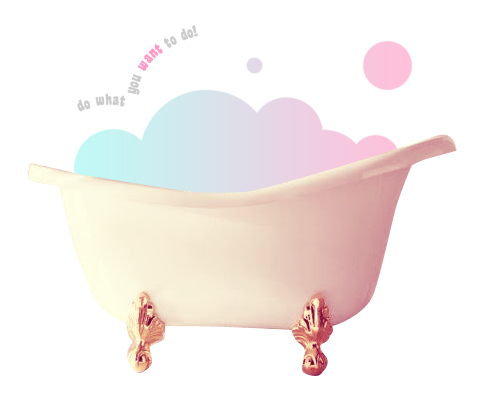



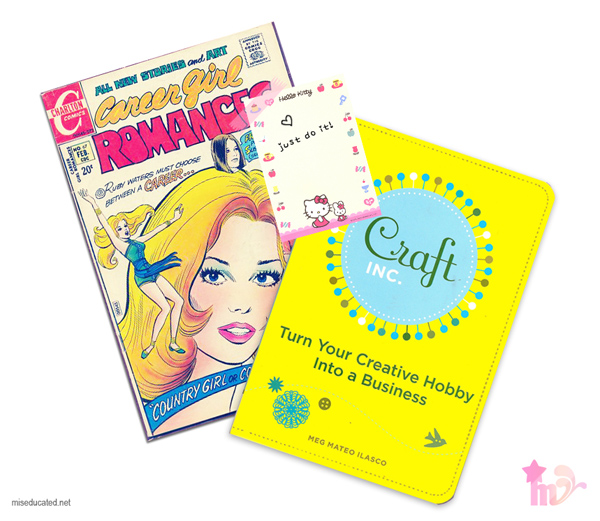
 Books – Fiction and non-fiction, books are perhaps the most straightforward way of gaining new insights within your field. Aim to read at least a book a month that is relevant to/impacts your career.
Books – Fiction and non-fiction, books are perhaps the most straightforward way of gaining new insights within your field. Aim to read at least a book a month that is relevant to/impacts your career.